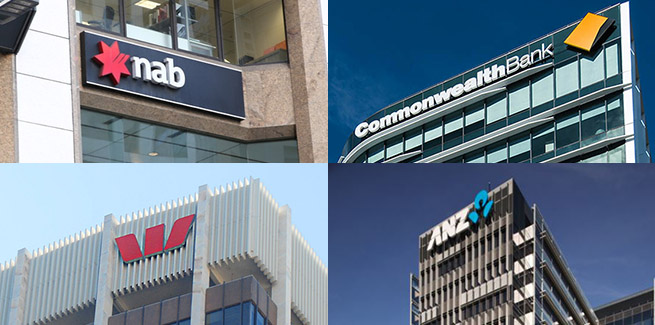The open banking regime has officially commenced with the launch of the consumer data right (CDR), which enables consumers to securely direct their banking data to access bespoke financial products and services.
At this stage, the new regime is only open to major bank customers, with smaller authorised deposit-taking institutions (ADIs) to opt in over the next 12 months. However, several non-major lenders, including ING, have already begun releasing product reference data to open banking developers.
The CDR is currently limited to the sharing of data for deposit and transaction accounts, and credit and debit cards, with the sharing of data relating to home loans, personal loans and joint accounts commencing from 1 November 2020.
At present, there are two accredited third-party data recipients that are eligible to participate in the regime, with a further 39 providers in the process of becoming accredited.
Marking the launch of the open banking regime, federal Treasurer Josh Frydenberg commented: "Australians will be able to unleash the power of their own data to compare and switch banking products as the Morrison Government officially launches the Consumer Data Right today.
"Following the successful implementation by the four major banks of the IT infrastructure needed to enable the Consumer Data Right in banking, “Open Banking” will now commence in relation to deposits, transaction accounts, credit and debit cards.
"Open Banking is a game changing reform for Australians and will revolutionise the way that consumers and small businesses use their data to compare prices and switch between products and providers in the banking sector... it will also allow consumers to share their data with other banks to make it easier to compare and switch and get access to the best deal for them."
Commissioner of the Australian Competition and Consumer Commission (ACCC) Sarah Court said the CDR would empower consumers by providing them with control of information banks already collect.
“Importantly, [it] allows consumers to share that data with other businesses, such as fintechs, that may be able to provide them more personalised services and competitive offers,” she said.
“We are pleased that we have reached this significant milestone with the consumer data right going live, so consumers can now request their data relating to their deposit or transaction accounts, credit or debit cards to be shared securely in order to receive those offers – without all the time and energy that it would normally take for a consumer to do this on their own,” she added.
The ACCC oversees the CDR’s “Register & Accreditation Application Platform”, responsible for approving accreditation requests and upholding security and privacy protections underpinning the regime.
Banks welcome launch
The banking sector has welcomed the new CDR regime, with CEO of the Australian Banking Association (ABA) Anna Bligh stating that the regime would allow consumers to “search for a better deal on banking products”.
“This sharing of data is a watershed moment for competition in the banking industry and, in time, will enable every Australian to use their data for their own benefit,” she said.
“Customers can be assured that they will always be in control of how and when they share their data.”
NAB's group executive for personal banking, Rachel Slade, commented: “A competitive and innovative financial services industry is critical to ensuring great customer outcomes, and the growth of the economy more broadly, with opportunities for further innovation and new business models to be established.
“We’ve invested heavily in our technology foundations and in our people to build a great customer experience that has been focused on ensuring the safety and security of customer information.
“It will take time for customers to develop familiarity, trust and understanding in using Open Banking. We’re continuing to prepare for future phases that will allow our customers to share more of their data, should they choose to do so."
Angus Sullivan, the Commonwealth Bank of Australia’s (CBA) group executive of retail banking services, said the bank is committed to playing its part in ensuring the regime is “well regulated and secure”.
“At CBA, data security and privacy remains our number one priority and we know that our customers want to engage with organisations that take cyber security seriously,” he said.
“We have more than 7 million digitally active customers who trust CBA with their financial information; ensuring their data is treated safely and securely is core to how we protect their financial wellbeing.
“Cyber security is a growing, significant issue, and the constant threat of online fraud underpins the need for consumers, organisations and government to take data and account security seriously.”
Mr Sullivan added: “CBA is continuing to invest more than $5 billion in technology in the next five years to maintain its digital leadership position.”
Westpac’s acting CEO, consumer, Richard Burton, said the regime would “drive competition and customer choice”.
“Enhanced data sharing will give customers more confidence they are getting the best deal and help make it easier to find the best value service that meets their needs,” he said.
“We’re committed to ensuring our customers understand how they can benefit from the change open banking is bringing to our industry now and into the future.”
Mr Burton also stressed the importance of ensuring the regime is “robust and secure” for customers.
[Related: New fintech aims to innovate broker CRM systems]

